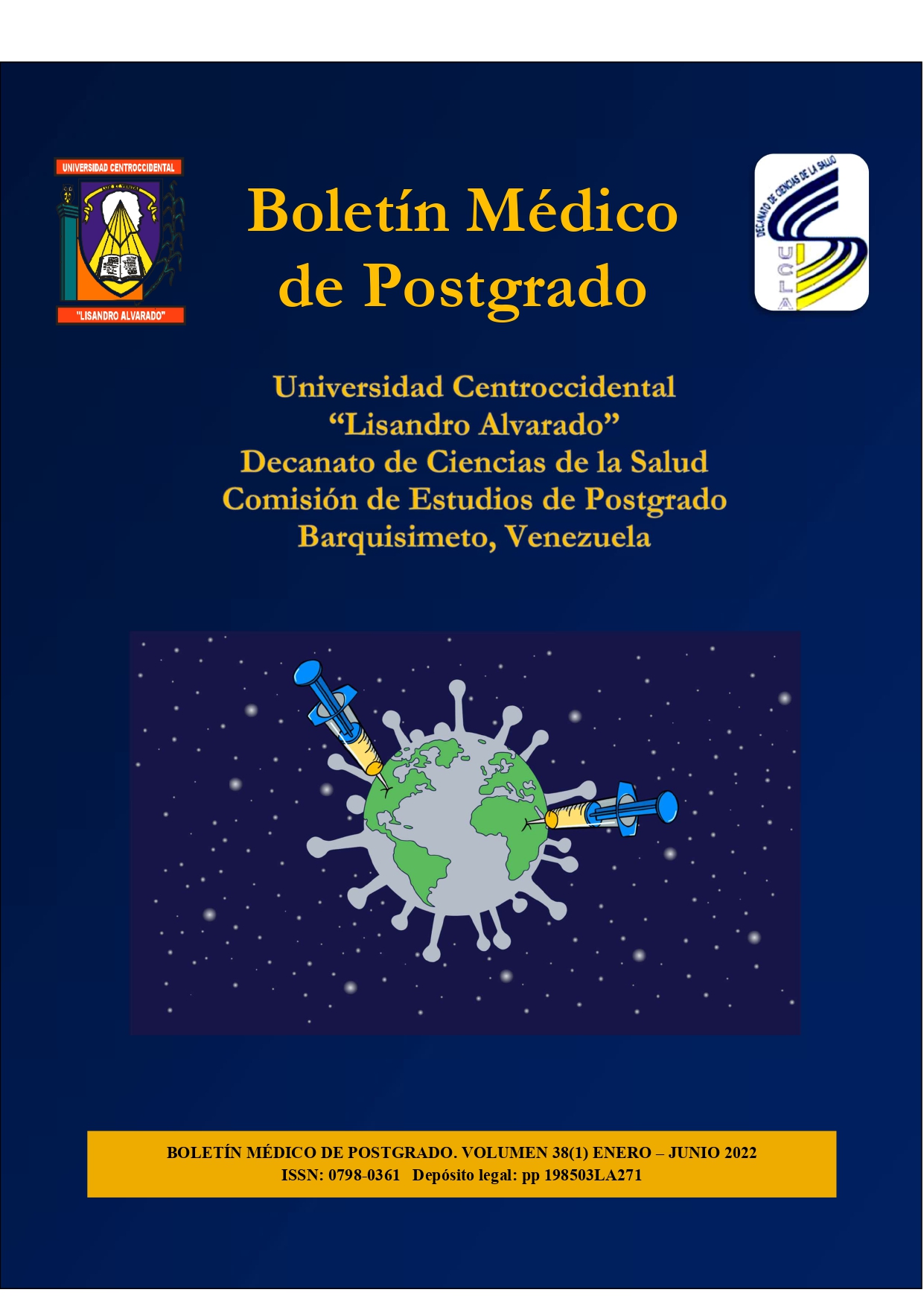Moringa Oleifera in the treatment of infections of the extremities of diabetic patients
Keywords:
moringa oleífera, infections, diabetes, treatment, antibioticsAbstract
Moringa oleifera is a tree native to certain regions of Asia and Africa, rich in proteins, vitamin A, minerals, essential amino acids, antioxidants and flavonoids. M. oleifera extracts exhibit anti-inflammatory, antioxidant, hepatoprotective, neuroprotective, hypoglycemic and antimicrobial effects. Two clinical cases of diabetic patients with infectious processes in the foot and hand are presented, who had received antibiotic treatment without satisfactory response, for which they were treated with a poultice of M. oleifera three times a day, with a duration of 30 minutes, for 10 days. At the end of the treatment the lesions had disappeared. The results suggest that the extracts of the leaves, stems and bark of Mouringa oleifera could be used as a natural alternative for the treatment of diabetic patients with limb infection processes with possible pharmaceutical applications.
Downloads
References
Rull JA, Zorrilla E., Jadzinsky MN, Santiago JV. Diabetes Mellitus, Complicaciones crónicas. México. Nueva Editorial Interamericana, Mc Graw Hill 1992.
Garrido Calvo A, Cia Blasco P, Pinós, Laborda P. Consulta Diaria. Qué haría usted ante…El Pie Diabético. Revista Medicina Integral 2003; 41(1): 8–17.
Alarcón M, Fernández–Da Silva R, Reyes D. Moringa oleifera: Potenciales usos en Odontología. Revista Salus 2017; 21(2): 28–34.
Cadman B. Moringa: Beneficios, Riesgos y Efectos Secundarios. Medical News Today. 2021 Oct 24.
Pérez M, Cabrera L y Colina G (2018). Pseudomonas aeruginosa sensible a extractos de hojas y semillas de Moringa oleifera. Revista Redieluz 2018; 8(2):61–67.
Published
How to Cite
Issue
Section

This work is licensed under a Creative Commons Attribution-NonCommercial-ShareAlike 4.0 International License.
Las opiniones expresadas por los autores no necesariamente reflejan la postura del editor de la publicación ni de la UCLA. Se autoriza la reproducción total o parcial de los textos aquí publicados, siempre y cuando se cite la fuente completa y la dirección electrónica de esta revista. Los autores(as) tienen el derecho de utilizar sus artículos para cualquier propósito siempre y cuando se realice sin fines de lucro. Los autores(as) pueden publicar en internet o cualquier otro medio la versión final aprobada de su trabajo, luego que esta ha sido publicada en esta revista.



